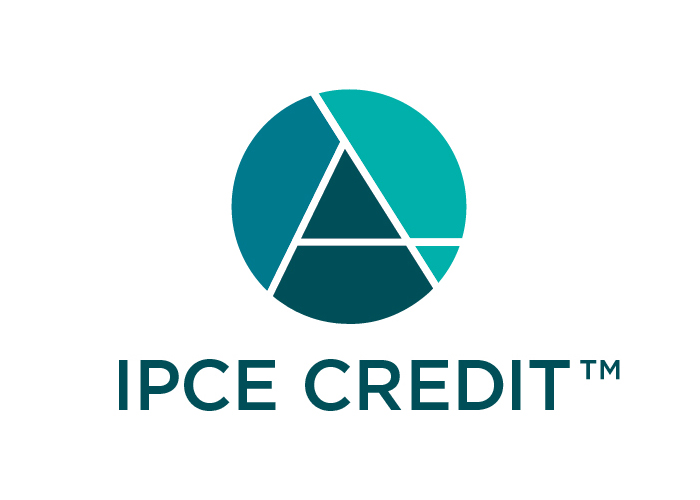FDA Grand Rounds: FDA’s Global Substance Registration System (GSRS) Unique Ingredient Identifiers (UNIIs) Uniquely Define Substances in FDA-regulated Products.
June 8, 2023
Virtual-Zoom Platform
The FDA Grand Rounds is webcast every other month to highlight cutting-edge research underway across the agency and its impact on protecting and advancing public health. Each session features an FDA scientist presenting on a key public health challenge and how FDA is applying science to its regulatory activities.
Globalization has spurred an ever-increasing number of imported FDA-regulated products and ingredients. It has also driven the growing movement of clinical trials abroad. FDA's Health Informatics team has been working closely with the National Institutes of Health (NIH) and international stakeholders to advance the knowledge-sharing required to tackle globalization's impacts on our nation's public health. The FDA team has developed the Global Substance Registration System (GSRS) to help create the tools, standards, and approaches for uniquely identifying substances in FDA-regulated products.
The GSRS has unique data models based on the International Organization for Standardisation (ISO) 11238 standard, which enables FDA to accurately identify ingredient substances such as drugs, botanicals, biologics, and cosmetics. Instead of relying on names--which vary across regulatory domains, countries, and regions-the GSRS knowledgebase makes it possible for substances to be defined by standardized, scientific descriptions that are now used by our partners worldwide. All substances are assigned Unique Ingredient Identifiers (UNIIs), which were created to meet FDA's specific needs. Whereas traditional databases might exclude or ambiguously label certain ingredients, leading to misinformation and serious safety issues, these data models make it easy for researchers, clinicians, and consumers to find what ingredient substances are contained in commercial products that are domestically and foreign-sourced. The database also includes impurities, metabolites, starting materials, and synthetic intermediates for human medicinal products.
The GSRS is leading the world in establishing the framework for databasing substances, making it possible to eventually track substances from their inception to post-marketing through the supply chain and help alleviate drug shortages.
This presentation will highlight UNIIs and the various types of substances captured as well as linking substances to products, applications, clinical trials, adverse events, quality and manufacturing information within the GSRS framework.
- FDA's Global Substance Registration System. https://www.fda.gov/industry/fda-data-standards-advisory-board/fdas-global-substance-registration-system Updated September 29, 2022.
- Peryea T, Southall N, Miller M, Katzel D, Anderson N, Neyra J, Stemann S, Nguyễn ÐT, Amugoda D, Newatia A, Ghazzaoui R. Global Substance Registration System: consistent scientific descriptions for substances related to health. Nucleic Acids Research, Volume 49, Issue D1, 8 January 2021, Pages D1179–D1185, https://doi.org/10.1093/nar/gkaa962.
- ISO 11238:2018 Health informatics — Identification of medicinal products — Data elements and structures for the unique identification and exchange of regulated information on substances, Edition 2, Published July 2018, https://www.iso.org/standard/69697.html.
- Discuss the research conducted at the FDA
- Explain how FDA science impacts public health
- Describe how GSRS accurately registers and manages records
- Discuss how a substance search is done, and how its record interpreted.
This activity is intended for physicians, pharmacists, nurses, and other scientists within the agency and external scientific communities.
Lecture 1 June 8, 2023
| Time | Topic | Speaker |
|---|---|---|
| 12:00 - 1:00 PM EDT | FDA’s Global Substance Registration System (GSRS) Unique Ingredient Identifiers (UNIIs) Uniquely Define Substances in FDA-regulated Products. | Marlene Kim, PhD |


Physicians, pharmacists, nurses, and those claiming non-physician CME: participants must attest to their attendance and complete the final activity evaluation via the CE Portal (ceportal.fda.gov). For multi-day activities, participants must attest to their attendance and complete the faculty evaluation each day. Final activity evaluations must be completed within two weeks after the activity - no exceptions.
Attention Pharmacists and Pharmacy Techs: Failure to provide your correct NABP AND Date of Birth information, in the required format, may result in the loss of credit for this activity. NABP profile number should be the 6-7 digit profile number assigned by the CPE Monitor and your birth date should be in the MMDD format (e.g. 0721) Do not provide your pharmacy license number. Please click the "My Account" tab and then navigate to "Edit Contact Information" to verify that your information is correct.
Attendees have 14 days from the last day of the activity to log in, complete the required evaluation(s) and attest to your attendance to claim credit.Physicians and nurses may then view/print statement of credit. Pharmacists should log into the CPE monitor 8 weeks after the last session of the activity to obtain their CE credit.
Faculty
- Kim, Marlene, PhD, Chemist, FDA - nothing to disclose
Planning Committee
- Dinatale, Miriam, DO, Team Leader, Food and Drug Administration - nothing to disclose
- Pfundt, Tiffany, PharmD, Program Coordinator, FDA/CDER/OTBB - nothing to disclose
- Wheelock, Leslie, RN, MS, Director, OSPD, FDA, OC, OCS, OSPD - nothing to disclose
CE Consultation and Accreditation Team
- Bueide, Rachel E., MPhil, Training Specialist, FDA/CDER/OEP/DLOD - nothing to disclose
- Bryant, Traci, M.A.T., Lead Training Specialist, FDA/CDER/OEP/DLOD - nothing to disclose
- Wood, Sara, Accreditation Program Administrator, CECAT, FDA/CDER/OEP/DLOD - nothing to disclose
All relevant financial relationships have been mitigated.
Registration is complimentary; therefore refunds are not applicable.
 An official website of the United States government
An official website of the United States government 
 U.S. Food and Drug Administration
U.S. Food and Drug Administration